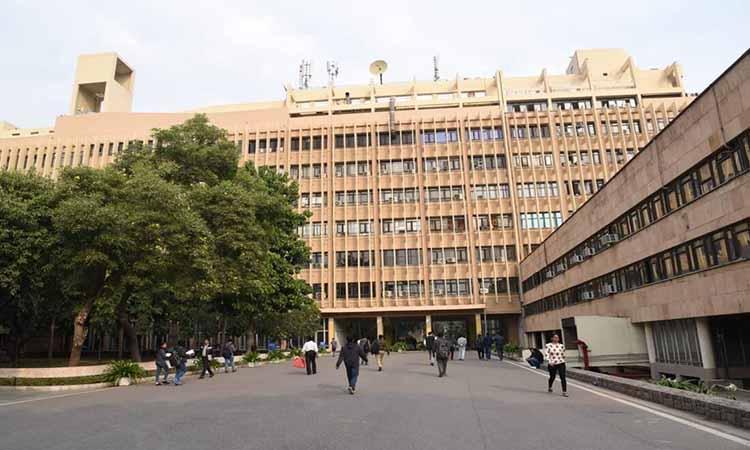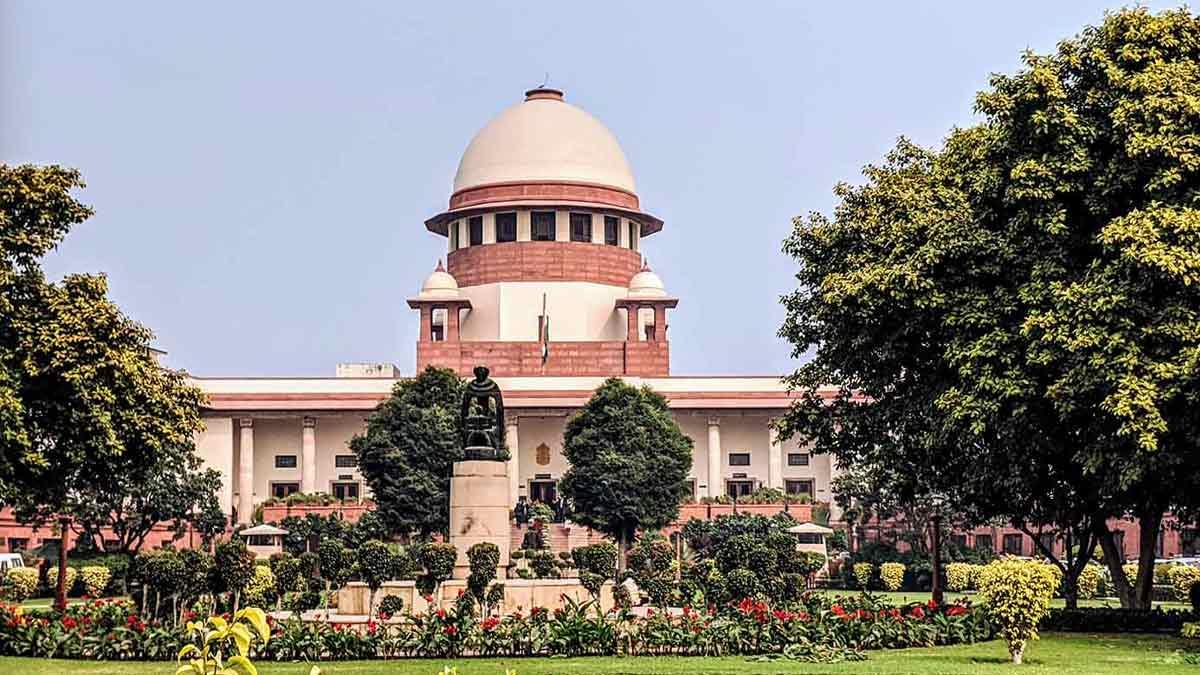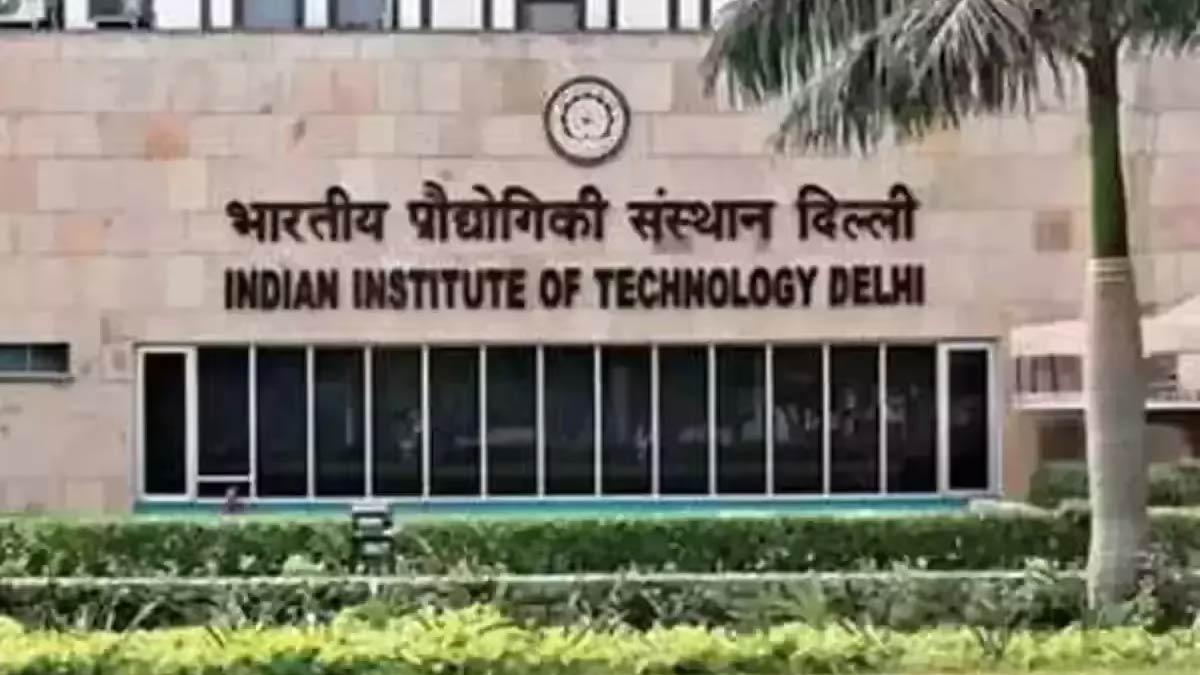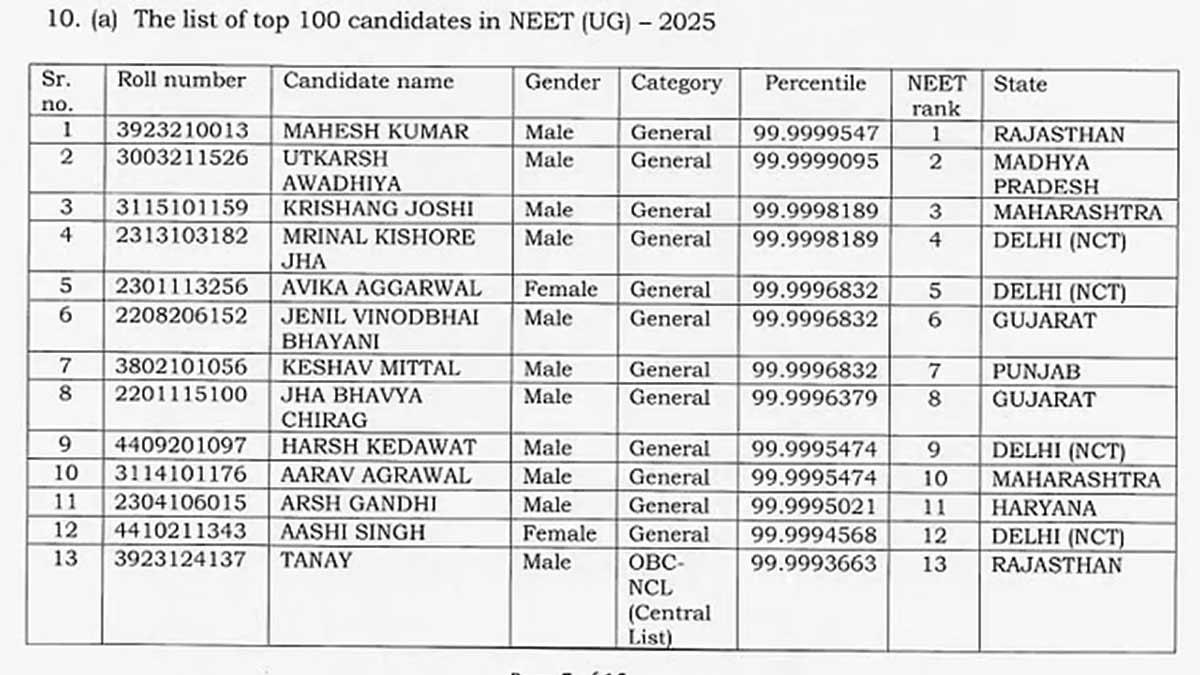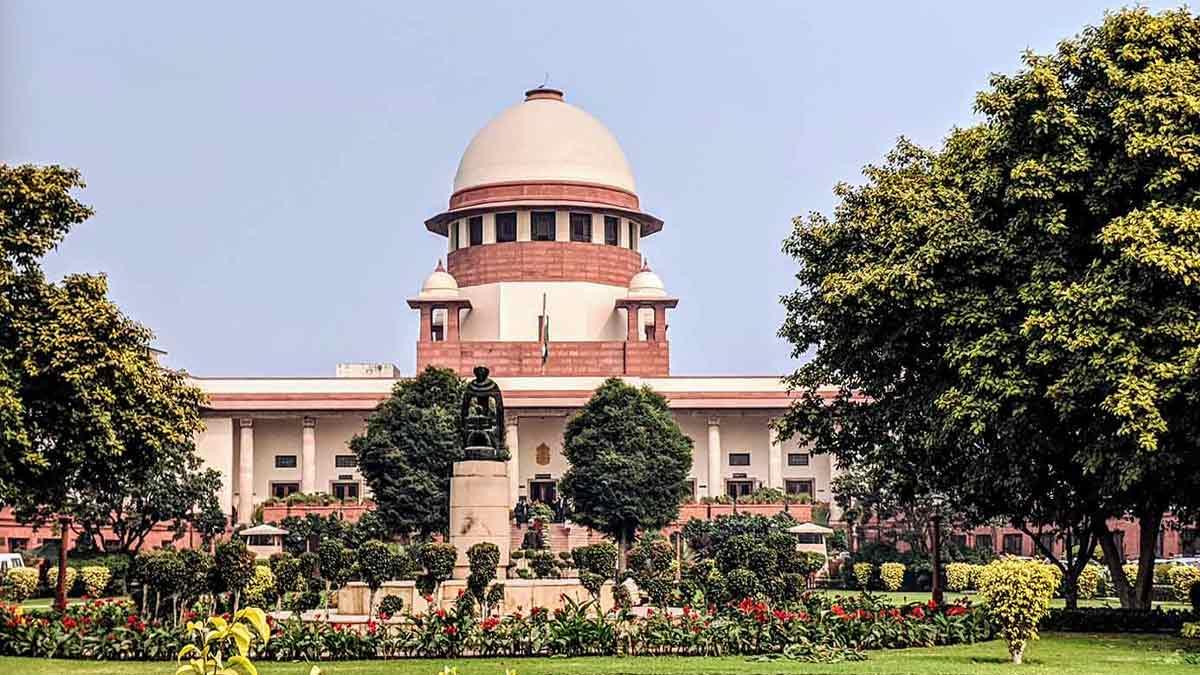The Indian Institute of Technology (IIT) Delhi will start a new postgraduate course “Master of Public Policy” (MPP) from 2021-22 academic session.
The programme has been curated with a focus on Science, Technology and Innovation (STI) and development. The course will be offered by IIT’s School of Public Policy (SPP).
The programme will focus on various important aspects of student life such as developing critical thinking, analytical abilities, and different ethical practices. This will help the students to take on STI and public policy issues more confidently and in the spirit of general public interest.
Also Read | 'Uncertainty over third wave': SC grills AP over physical Class 12 exams
Students from various different graduate degrees such as MBBS, BA LLB (Hons), BArch, BTech, BSc (Ag), BVSc, or equivalent can apply.
Moreover, students with postgraduate degrees in MA, MSc, MPhil, Integrated MSc/MA, MTech or equivalent are eligible to apply too.
“It will help students understand and contribute to how STI can address developmental challenges in a better way, the importance of which cannot be overstated and will only grow over time. All in all, we believe that this will be an exciting and unique learning opportunity for the students,” Ambuj Sagar, Head, School of Public Policy, IIT Delhi told The Indian Express.
Also Read | Andhra now cancels Class 10, 12 state board exams
This course will help in opening new career opportunities for students in various capacities. Some of the paths they can choose right off the bat are: consultants, researchers, academics at various levels (local, regional, national, international) in various fields (agriculture, environment, health, education, and entrepreneurship), engaging with issues pertaining to (but not necessarily limited to) STI and public policy.

